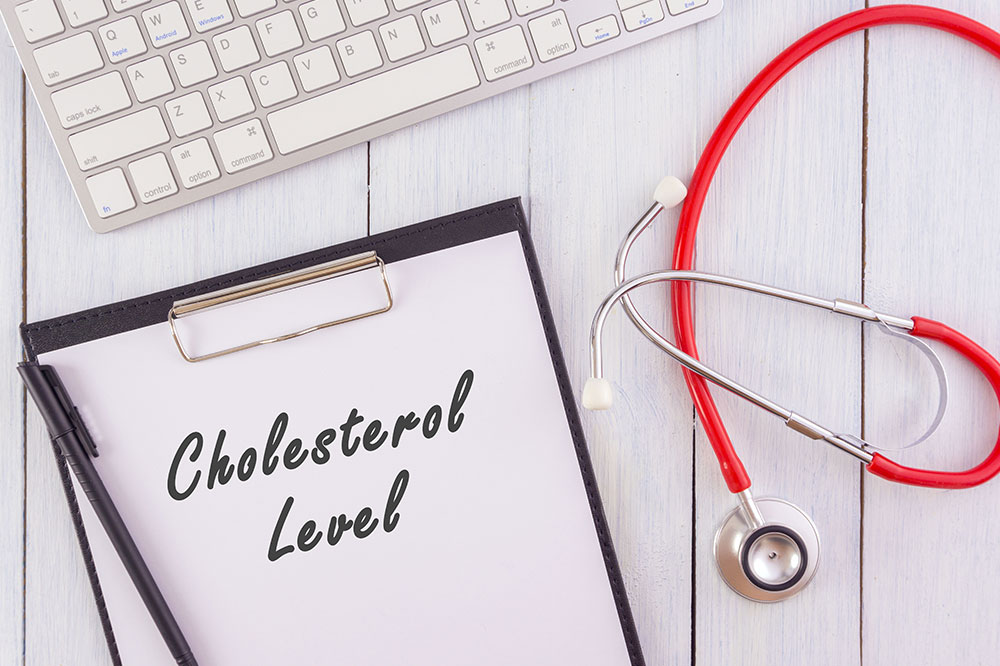Effective Techniques for Managing Gastroesophageal Reflux Disease (GERD)
Learn about effective strategies for managing GERD, including medications, lifestyle changes, and surgical options. This guide emphasizes the importance of timely treatment to prevent long-term esophageal damage and improve quality of life. From dietary adjustments to weight management and innovative procedures like LINX device implantation, discover comprehensive approaches to control acid reflux and alleviate symptoms effectively.

Gastroesophageal reflux disease (GERD) impacts around 20% of the population, as reported by the National Institute of Diabetes and Digestive and Kidney Diseases. It results from stomach acid frequently backing up into the esophagus, leading to irritation and discomfort. Common signs include heartburn, chest pain, and ongoing cough. While over-the-counter remedies can provide temporary relief, combining these with lifestyle and dietary modifications is vital for long-term control. Ignoring symptoms can cause lasting esophageal damage, making prompt treatment essential for health.
Managing GERD effectively involves medications, surgical options, and lifestyle adjustments—such as weight management and diet changes—to diminish acid reflux and enhance daily life.
Many individuals hesitate to seek medical help for GERD symptoms, risking serious esophageal damage. 11 effective strategies to control GERD include:
H-2 receptor antagonists: Prescription drugs like famotidine, nizatidine, and ranitidine lower acid production. Long-term use may slightly increase risks of vitamin B-12 deficiency and bone health issues.
Medications to improve lower esophageal sphincter function: Drugs such as Baclofen help prevent sphincter relaxation, decreasing reflux episodes but may cause side effects like nausea or fatigue.
Proton pump inhibitors (PPIs): Powerful medications like Nexium 24HR reduce stomach acid by inhibiting acid-producing enzymes. They offer quick relief when taken before meals. Generic options, like lansoprazole and omeprazole, are available over the counter.
Antacids: These neutralize existing stomach acid but do not heal esophageal damage. Overuse might lead to diarrhea or kidney problems.
Medications decreasing acid production: Similar to H-2 blockers, these drugs offer longer-lasting acid suppression, sometimes up to 12 hours.
Medications promoting esophageal healing: PPIs aid tissue repair and are more potent than H-2 antagonists, supporting esophageal recovery.
Surgical procedures like Fundoplication: When medications are ineffective, this minimally invasive surgery wraps part of the stomach around the lower esophagus to prevent reflux.
LINX device implantation: A ring of magnetic beads is positioned around the esophageal junction, allowing food to pass while blocking acid reflux via magnetic attraction.
Maintaining a healthy weight: Excess abdominal fat increases pressure on the stomach, worsening GERD symptoms. Losing weight can significantly alleviate discomfort.
Diet modifications: Avoid trigger foods such as greasy, spicy, or acidic items, and limit caffeine, alcohol, and sodas. Keeping a food diary helps identify personal reflux triggers.
Quitting smoking: Smoking damages the lower esophageal sphincter, intensifying reflux. Ceasing smoking is crucial for managing GERD effectively.
Disclaimer: This article provides helpful insights but is not substitute for medical advice. Always consult a healthcare provider for diagnosis and treatment. The information may not reflect the latest treatments or medications available.


